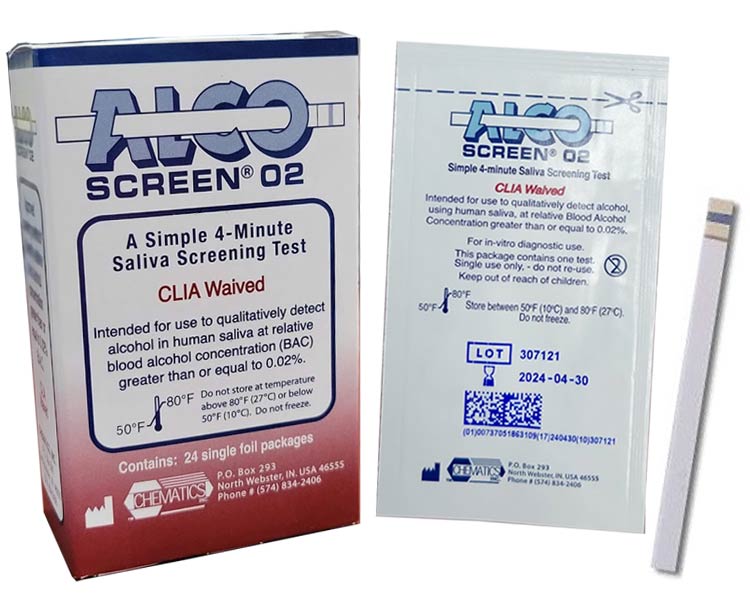Summer Health and Safety Tips
Summer is a great time to enjoy outdoor activities. Taking simple, commonsense precautions will ensure a fun-filled and safe summer. Here are a few reminders:
 Fun in the Sun
Fun in the Sun
It only takes a few minutes to protect yourself from too much sun exposure to reduce your risk of sunburn and skin cancer.
- Apply sunscreen and lip balm with SPF of 30 or higher. Discard if the expiration date has passed.
- Limit midday sun exposure from 10:00 AM to 4:00 PM when the sun is its strongest.
- Wear loose fitting, light colored clothing and a hat with a brim, and always wear sunglasses with a high UV rating (100 is the best).
The Great Outdoors
Gardening, camping, hiking and many other outdoor activities are great ways to enjoy exercise and nature. However, it does have its pit-falls. Poisonous plants, such as Poison Ivy, Oak or Sumac, as well as ticks and other parasites, can put a damper on your outdoor adventures. Learn to identify them so you can avoid them. You can decrease your risk by using protective clothing, such as a long pants, long-sleeved shirt and vinyl gloves, as well as barrier lotions/creams.
About Poison Ivy, Oak and Sumac
The skin rash caused by these plants is not contagious and is usually treated effectively at home. Wash the area with water immediately after contact.
Relieve itching and other rash symptoms by using wet compresses or taking cool baths. Over-thecounter oral antihistamines, hydrocortisone creams or anti-itch lotions/creams may help relieve symptoms.
See your health care provider if the rash persists, covers most of the body, or gets worse with swelling and/or widespread, large, fluid-like blisters.
About Ticks
- Although most ticks do not carry diseases (like Lyme Disease) or cause serious health problems, it is important to remove the tick quickly to prevent infection and avoid possible exposure to disease.
- Do not handle the tick with your bare hands. To remove the tick:
- Use a fine-tipped pair of tweezers (or hands covered with gloves or tissue paper).
- Grab the tick’s mouth (the part attached) as close to the skin as possible, and pull straight out until its mouth lets go of the skin. (Do not pull the tick from its body or use a twisting motion.)
- Put the tick in a jar filled with rubbing alcohol in case later identification is needed.
- Thoroughly wash the site of the bite with soap and water.
- Notify your health care provider if a rash or signs of illness develop (i.e. fever, nausea, etc). Although read up on the Lonestar tick; one bite can cause the effects of meat allergies if not treated asap.
Biking Around Town
Bicycling is a fun activity and a practical, environmentally-friendly form of transportation. Whether out for a Sunday ride or commuting to work, ride smart at all times, and observe the basic rules of the road.
- Always where a helmet, especially when riding in traffic. (See Helmets below.)
- Wear reflective clothing, use a headlight and add a rear reflector when riding in low light or at night.
- Children should ride on sidewalks and paths until they are at least 10 years old and are able show good riding skills and judgment.
- Ride with traffic on the right side of the road; obey all traffic signs and signals; and use directional hand signals when turning.
About Helmets
To protect the brain and skull from injury, wear a helmet during recreational activities that involve wheels, concrete or asphalt. Wearing a bike helmet reduces the risk of brain injury by 88% and reduces the risk of injury to the face by 65%. A properly-fitting helmet sits directly on the head above the eyebrows and buckles tightly around the chin. Look for a CPSC-approved helmet for biking or a Snell B95-approved helmet for all activities, including skateboarding, roller/in-line skating, riding scooters and biking.
On the Water
Taking a dip in a pool, sliding at a water park, cruising on a boat or riding on a jet ski are fun, hot-weather activities, but many summer injuries occur in and around water. It’s a good idea to always wear a life jacket.

- Obey all posted rules and regulations, and always swim with other people. Never swim alone.
- Learn basic swimming skills—even the “doggy-paddle” can save your life.
- Don’t dive in shallow water or water where you cannot see the bottom or that may have debris.
- Watch for the onset of bad weather. When swimming in a river, lake or the ocean, stay alert to the currents and any sudden changes.
When At a Water Park:
- Know how to swim.
- Read all the signs before going on a ride, and carefully follow the ride directions.
- Be aware of other riders, especially small children, and don’t run, slide or bump into other riders.
When Boating and Jet Skiing:
- Always wear a life jacket regardless of your swimming ability. It’s your best protection. (Laws require readily accessible life jackets for all passengers.)
- Obey your state and local boating rules and regulations, including not drinking alcohol. Carry all safety equipment that is required by law, and take a boating safety course.
- Stay alert to others in the water—boaters, jet skiers, wind surfers, swimmers and people fishing.
- Know the weather forecast. Do not go out on the water during bad weather, and stay alert to changes.
- Inform your family/friends of your destination and when you expect to be home. Carry a cell phone.
Related Articles
Back to Articles


 Fun in the Sun
Fun in the Sun








